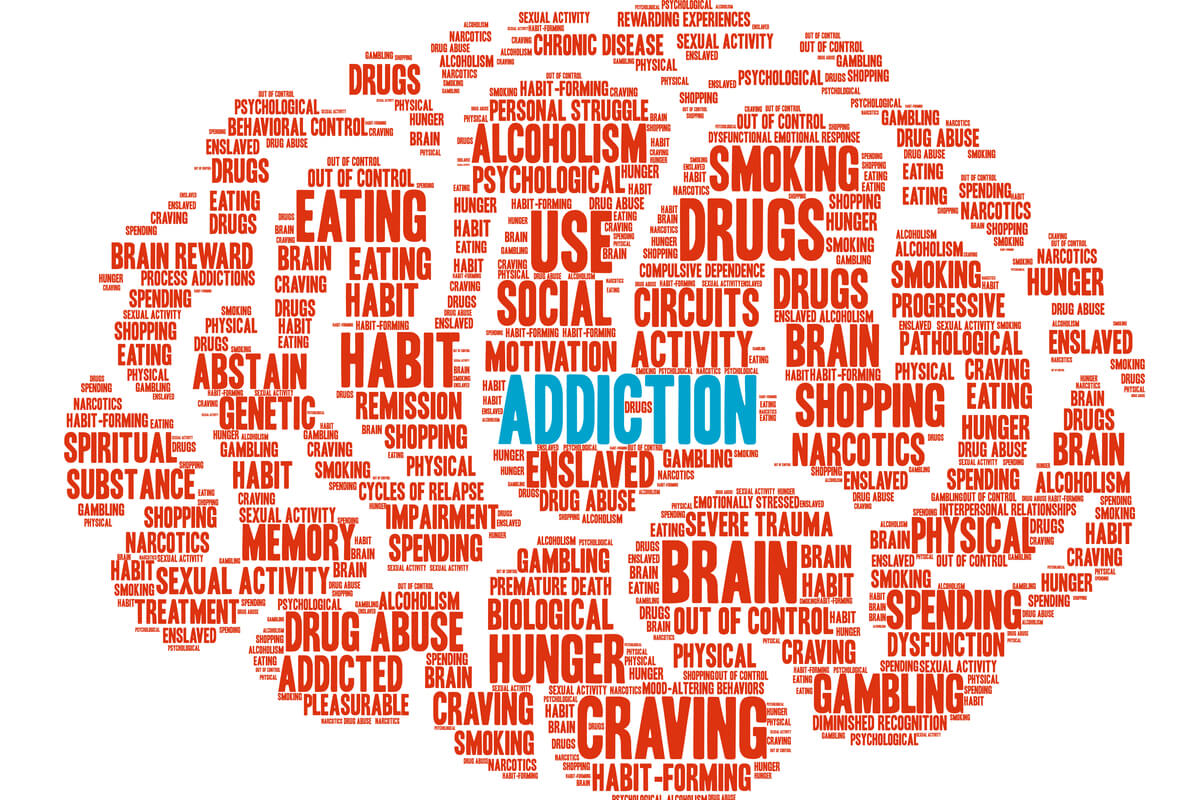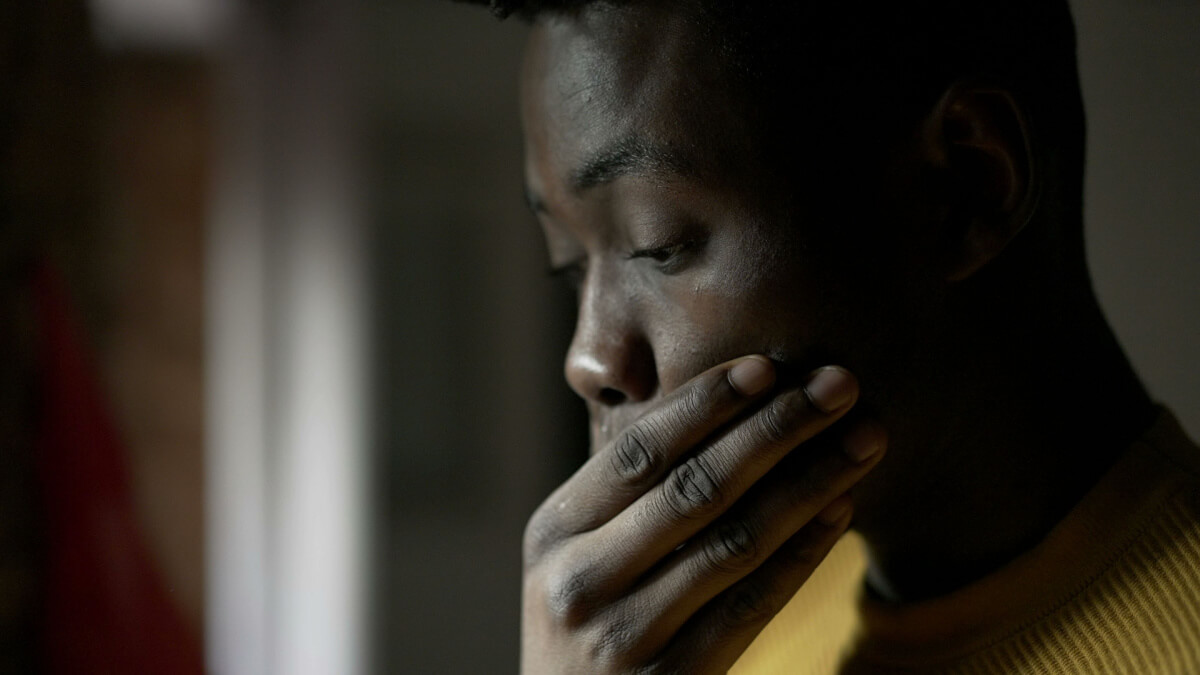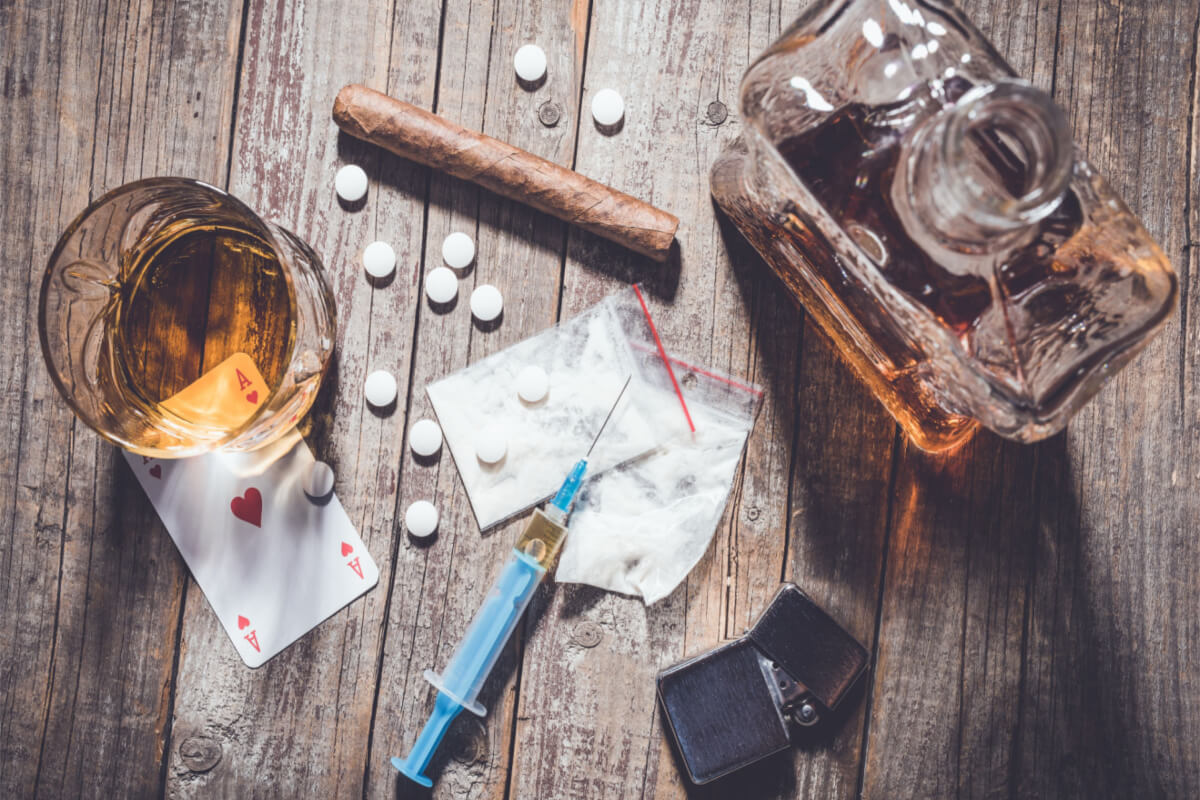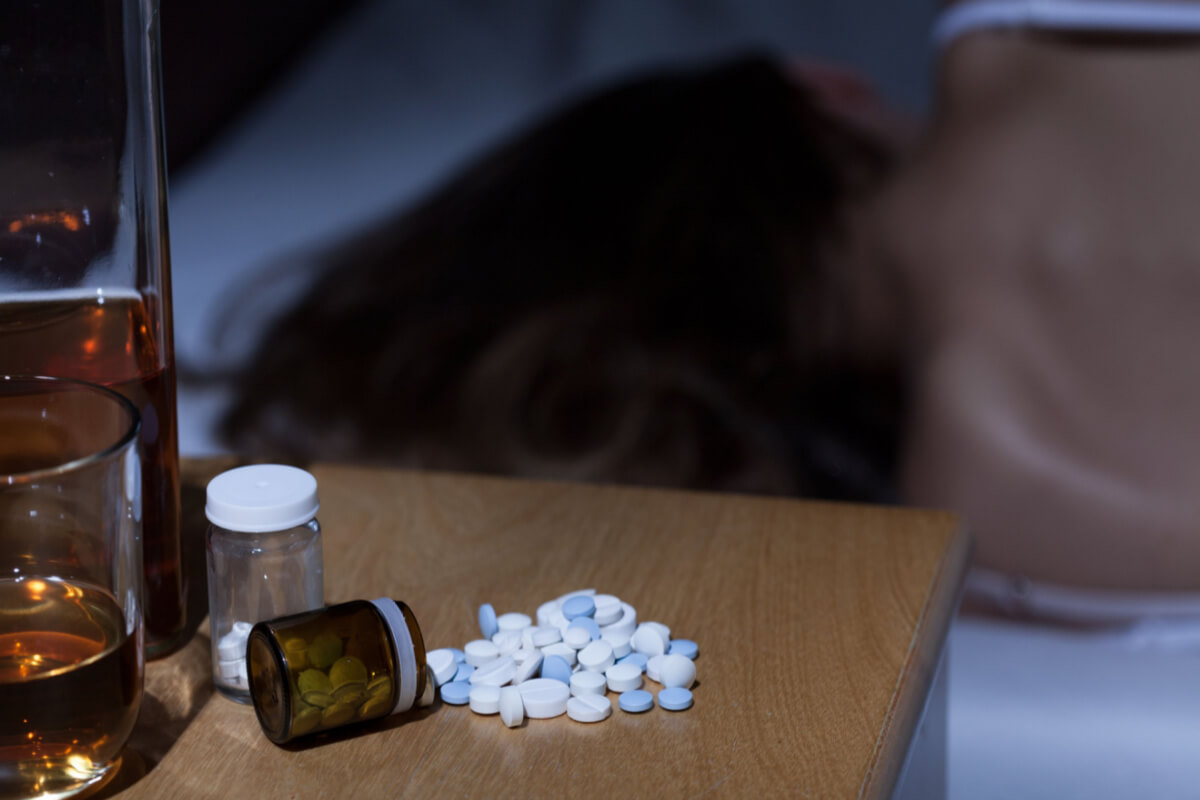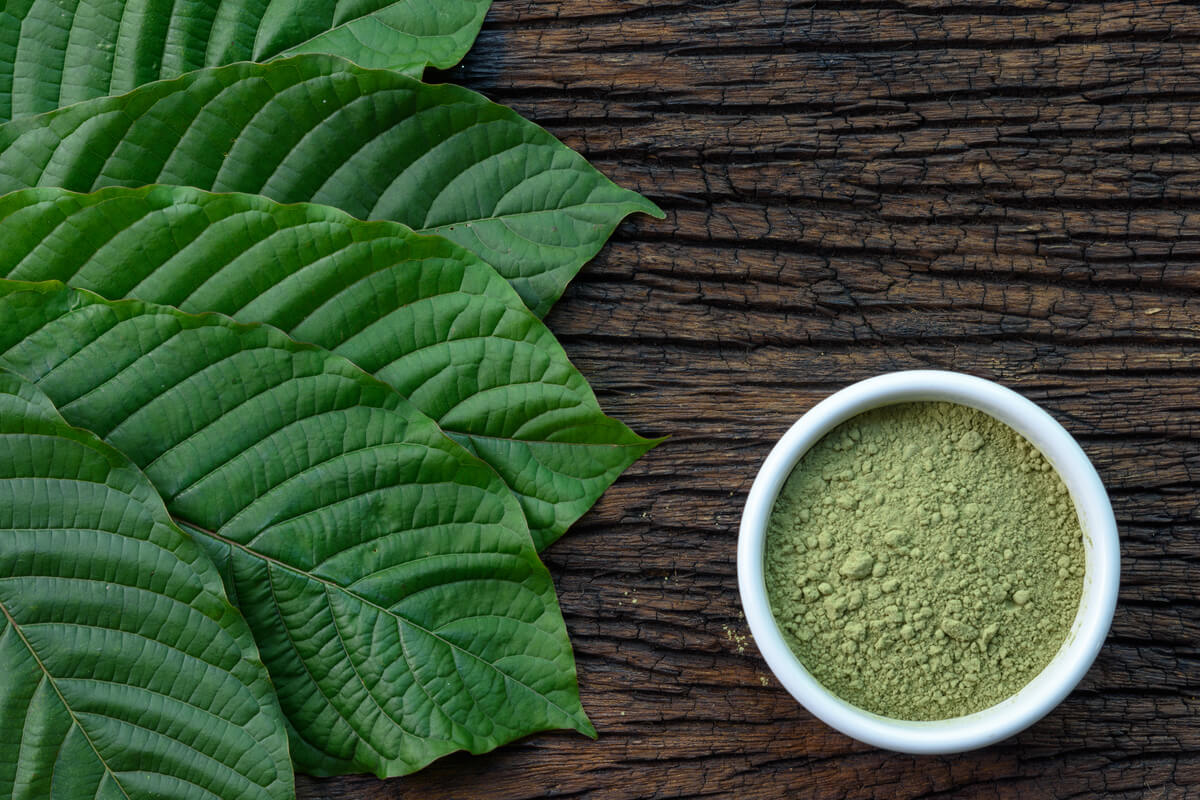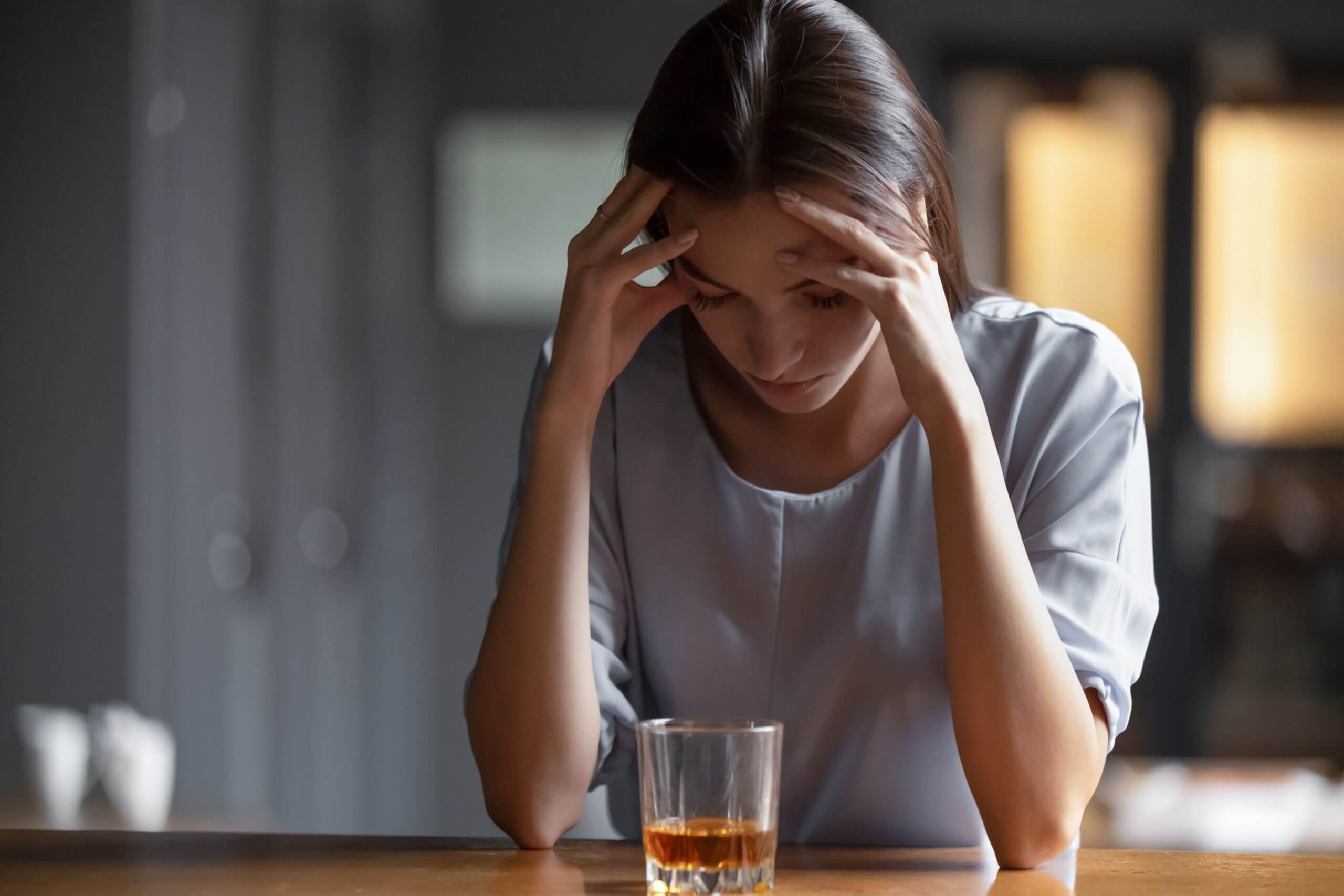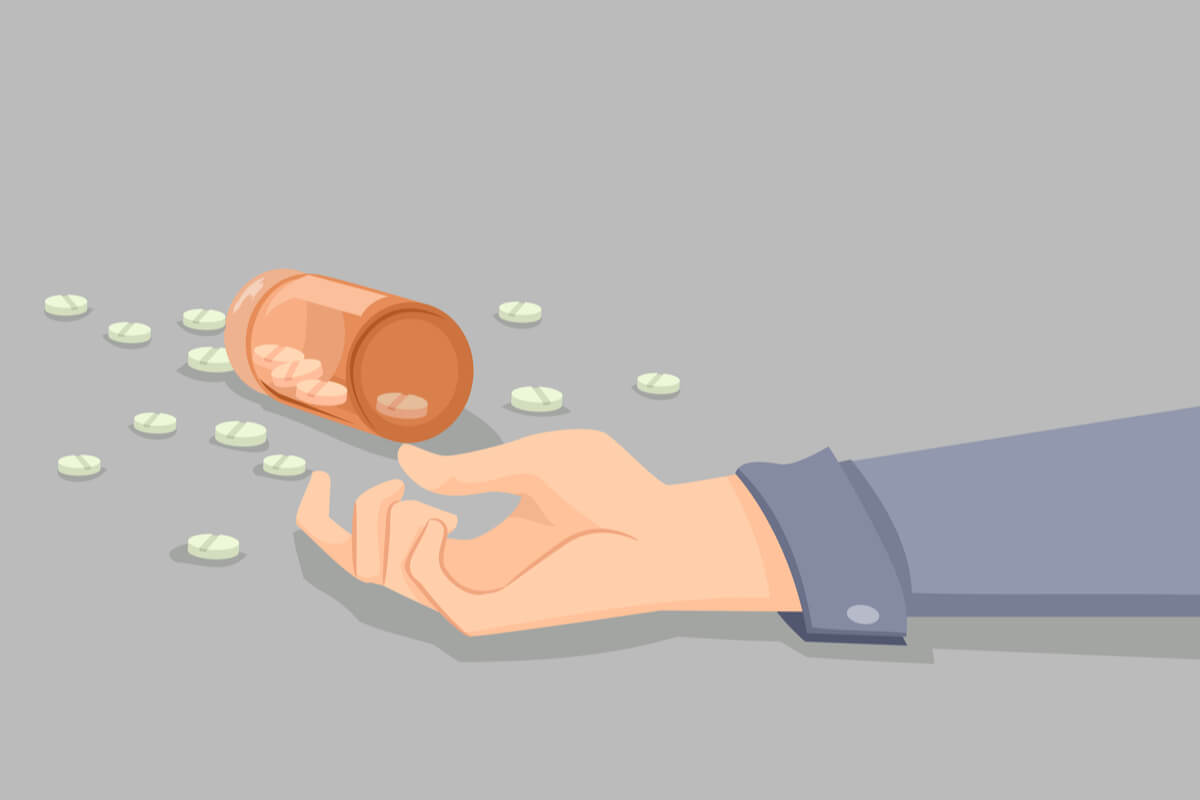
Despite interventions, increased education, and better awareness of the dangers around using drugs and the drug trafficking industry itself, rates of drug overdose have continued to rise in recent years in the U.S.
In 2017, almost 1 million people went to the emergency , a 4.3% increase from 2016. In that year,70,237 people lost their lives due to drug overdose in the U.S. that year.[1] Since 1999, about 841,000 people have died of drug overdose, and that number is currently increasing by about 70,000 every year.[2]
The good news is that drug-related illnesses and deaths, including drug overdose, are essentially 100% preventable with early, intensive, and extensive treatment and education. Start learning more about overdose prevention below.
Signs of an Overdose
Depending on the primary substance used, the signs of overdose will vary, as will the treatment. If you are unsure exactly what substances a friend or loved one has taken, explain the different signs to the 911 dispatcher. This may assist them in better directing medical personnel on the scene.
Alcohol Overdose Signs
Called alcohol overdose or alcohol poisoning, someone who has had too much to drink and requires emergency medical intervention will display signs like these:[5]
- Lack of consciousness or struggling to remain conscious
- If conscious, exhibiting mental confusion or a stupor-like state
- Reduced heart rate
- Slowed breathing rate or irregular breathing
- Lower body temperature
- Clammy skin or bluish tone to skin
- Seizures
- Nausea or vomiting
- Dulled or no automatic responses, such as lack of a gag reflex that prevents choking
Marijuana Overdose Signs
Contrary to popular belief, it is possible to overdose on THC, the active ingredient in the marijuana plant. Though there are few deaths related to marijuana overdose, the marijuana use cases in which death resulted often occur after the following symptoms and the compulsive choices and/or accidents that occur while in this state.
Signs of marijuana overdose include the following:[6]
- Intense anxiety or panic
- Inability to hold a coherent conversation
- Paranoia
- Confusion and difficulty with memory
- Very slow or very rapid heart rate with very high or very low blood pressure
- Lack of coordination
- Nausea and vomiting
- Aural or visual hallucinations
Crystal Meth Overdose Signs
Signs of medically significant meth overdose include the following:[7]
- Difficulty breathing
- Extreme high or low blood pressure
- Seizure
- Increased body temperature
- Loss of consciousness
- Stomach cramping or pain
- Signs of stroke or intracranial hemorrhage, such as chest pain, head pain, or confusion
- Kidney failure
- Changes in personality, such as intense paranoia, hyper-alert status, or aggression
Signs of Opioid Overdose
Opioid overdose can occur after the use of heroin or prescription painkillers like OxyContin, Percocet, or Vicodin. If identified early, opioid overdose can be stopped or reversed with the use of a medication called naloxone, often sold under the brand name Narcan.
Signs of opioid overdose include the following:[8]
- Slowed heart rate and slowed breathing
- Pinpoint pupils
- Pale, clammy skin with or without a bluish tint
- Limp body or lack of responsiveness to touch or sound
- Vomiting or gurgling noises
Synthetic Drug Overdose Signs
There are multiple types of synthetic drugs, or substances that are synthetically developed in a lab with the goal of mimicking the effects of stimulants, marijuana, or opioids.
The most common of these are synthetic cannabinoids like Spice or K2. Signs of overdose can include a spectrum of effects, including these:[9]
- Anxiety or paranoia based on false ideas or delusions
- Aggression
- Suicidal thoughts or behaviors
- Hallucinations, both aural and visual
- Dizziness
- Difficulty staying awake
- Chest pains or heart palpitations
- High blood pressure and rapid heart rate
- Vomiting
- Sudden loss of consciousness
- Seizure
- Stroke
Multi-Drug Overdose Signs
Often, overdose occurs as a result of mixing multiple illicit substances. Any of the signs listed for any of the consumed drugs may be in effect, and it can be hard to tell which drug is causing the problem, which is why using multiple substances at once can be particularly risky.
There are increasing numbers of cases in which users are combining use of opioids with use of stimulants. When this occurs, either the effects of the opioid overdose or the stimulant overdose may be evident, or there may be a mixture of symptoms depending on the primary medical event taking effect.[13]
What Happens Physiologically to the Body During an Opioid Drug Overdose?
The specifics of what happens in the body during a drug overdose will vary depending on the substance.
When someone “overdoses” on opioids, they ingest so much opioid that all the opioid receptors are turned on and send signals to the brain. One of those signals is to decrease the body’s natural drive to breath. The person therefore stops breathing and can die. In some cases, like in the case of opioid misuse, when someone takes too much of the substance, the drug Even if an individual manages to survive an overdose, if the brain is without oxygen for a significant amount of time,overwhelms the receptors in the brain. This makes it impossible for the brain to manage basic automatic functions like breathing and heart rate. When this happens, the person’s heart rate and breathing slow or stop, causing semi-permanent or permanent brain injury can occur or death.[11]
What to Do if You Suspect a Drug Overdose in a Friend or Loved One
If you believe that your friend or loved one is experiencing a drug overdose, do not wait to call for help.
Immediately call 911 and provide all the information you have to assist them in directing you and the emergency medical technicians who respond.
This means letting them know the following:[3]
- Where you are
- What drugs you believe the person has taken
- How much of the substances they have ingested
- Your best guess at when that ingestion occurred
You may also be asked about their physical appearance and symptoms and the location of any nearby paraphernalia. You may be directed to provide rescue breathing or to position the person in a specific way.
If the person is suspected to have overdosed on an opioid substance (like heroin or prescription painkillers) and you have naloxone on hand, you will likely be directed to give the person the dose of naloxone.[4] If you have questions on how to assemble the naloxone syringe, apply the medication, or what to expect immediately afterward, the dispatcher will be able to assist you.
Stay on the phone and wait with the person until medical help arrives and follow the directions of the 911 dispatcher to the best of your ability while you wait.
What to Expect at the Hospital After Drug Overdose
If medical professionals or emergency medical technicians are called to the scene, they will begin the process of stabilizing the person as quickly as possible, helping them to breathe if they are unable to do so on their own, stopping or slowing any bleeding, and providing medication if needed, such as a dose of naloxone to treat an opioid overdose.[4]
At the hospital, a medical professional should promptly assess the patient and determine if immediate interventions are needed. This involves checking their vital signs, doing a physical exam and probably ordering some blood or imaging tests.
After the initial work to stop the effects of the overdose, the individual may need to stay in the hospital for a few days for observation or continued treatment depending on whether or not the damage can be stopped or reversed. Additional tests may be required to determine the full effect of the overdose.[14]
Risk Factors for Overdose
The primary risk factor for overdose on any substance is misuse of substances that can cause overdose. Whether that use is experimental in nature or a regular occurrence, overdose will always be a risk. The only way to guarantee against experiencing an overdose is to not use any substance that can cause it.
These are other risk factors for drug overdose:
- High-dose use of a drug: Too much of a substance that the body is not prepared to handle will trigger an overdose. It is important to note that what that exact dose might be will vary from person to person and shift for an individual based on other factors. Someone who is used to taking a certain amount of a drug without incident may inadvertently overdose using that same amount due to other changes in the body.
- Combining the use of multiple substances: This can look like a combination of alcohol and prescription benzodiazepines or heroin and cocaine. The synergistic effect that occurs when combining the use of drugs and alcohol can significantly increase the likelihood of experiencing an overdose.[10]
- Using drugs or alcohol while alone: If no one is around to notice when an overdose occurs, there’s no one around to call for emergency medical assistance. This doesn’t necessarily increase the risk of overdose, but it does increase the risk of death due to overdose.
- Using drugs or alcohol with other people who are also under the influence of heavy drugs: Similarly, if everyone around the individual is also under the influence, they may not notice the effects of the overdose in time.
- Underlying medical or mental health conditions: If someone is on medications for other medical or psychiatric conditions, drug interactions can increase the risk of overdose.
- A period of sobriety broken with relapse: Any period of time spent without the primary drug of use will result in a lesser tolerance to the drug. Thus, after attempting sobriety unsuccessfully or returning home from inpatient treatment or prison where drugs were not accessible, a person may use their previous “normal” dose and find that it is too much.[15] This can lead to overdose.
- Obtaining drugs from a new location: Going to a new location and seeking out drugs may mean a change in the purity of the substance if the primary drug of choice is a street drug. As a result, the person may accidentally take a stronger dose than they intended.
Drugs Most Often Involved in Drug Overdose Deaths
All drugs of misuse that are monitored by regulating agencies in the United States — and then some — have caused overdose deaths in one form or fashion. Different drugs tend to rise and fall in popularity over time.
Currently, the primary classification of drugs causing drug overdose deaths are opioids. According to the Centers for Disease Control and Prevention, opioids were responsible for more than 70% of all drug overdose deaths in 2019. Of those deaths, about 73% were attributed to synthetic opioids like fentanyl specifically.[16]
It’s Safe for You to Call 911
If you are concerned about calling 911 on behalf of someone who is experiencing a drug overdose, know that you are protected from any legal repercussions
Most states have “Good Samaritan” laws, in which the person who calls on behalf of someone in need of medical care will not be charged with any crime or be subject to punishment on account of their attempting to get help.
These laws often also protect the person who overdosed. That is, the person who overdoses will not be charged with any nonviolent offenses if they seek emergency medical treatment.
Don’t let fear of prosecution stop you from seeking help for someone experiencing an overdose. These laws were created specifically to protect you and encourage you to help those who can’t help themselves in a medical emergency.[17]
Overdose Prevention Starts With Treatment
If you or your loved one is living with an active addiction, overdose is a daily risk. The only way to effectively prevent overdose is to seek comprehensive care that will help you or your loved one stop the use of illicit substances and start a treatment regimen that may include Medication for Addiction Treatment (MAT), therapeutic support, and treatment for co-occurring mental health or medical disorders.
If you would like to begin the process of treatment, reach out for help today. You could shield the people you love from a devastating overdose.

By Elena Hill, MD, MPH
Elena Hill, MD; MPH received her MD and Masters of Public Health degrees at Tufts Medical School and completed her family medicine residency at Boston Medical Center. She is currently an attending physician at Bronxcare Health Systems in the Bronx, NY where ... Read More
- Nonfatal Drug Overdoses Treated in Emergency Departments — United States, 2016–2017. Morbidity and Mortality Weekly Report. https://www.ncbi.nlm.nih.gov/pmc/articles/PMC7119520/. April 2020. Accessed April 2022.
- CDC Wonder Online Database. Centers for Disease Control and Prevention. https://wonder.cdc.gov/ Accessed April 2022.
- SAMHSA Opioid Overdose Prevention Toolkit: Five Essential Steps for First Responders. Substance Abuse and Mental Health Services Administration. https://store.samhsa.gov/sites/default/files/d7/priv/five-essential-steps-for-first-responders.pdf. 2018. Accessed April 2022.
- Opioid Overdose Basics: Responding to Opioid Overdose. National Harm Reduction Coalition. https://harmreduction.org/issues/overdose-prevention/overview/overdose-basics/responding-to-opioid-overdose/. September 2020. Accessed April 2022.
- Understanding the Dangers of Alcohol Overdose. National Institute on Alcohol Abuse and Alcoholism. https://www.niaaa.nih.gov/publications/brochures-and-fact-sheets/understanding-dangers-of-alcohol-overdose. May 2021. Accessed April 2022.
- Marijuana Toxicity. StatPearls. https://www.ncbi.nlm.nih.gov/books/NBK430823/. August 2021. Accessed April 2022.
- Methamphetamine Overdose. Nursing. https://journals.lww.com/nursing/Citation/2005/04000/Methamphetamine_overdose.53.aspx. April 2005. Accessed April 2022.
- Opioid Overdose. Medline Plus. https://medlineplus.gov/opioidoverdose.html. January 2022. Accessed April 2022.
- Clinical Effects of Synthetic Cannabinoid Receptors Agonists Compared With Marijuana in Emergency Department Patients With Acute Drug Overdose. Journal of Medical Toxicity. https://link.springer.com/article/10.1007/s13181-016-0558-4. June 2016. Accessed April 2022.
- CISNE: An Accurate Description of Dose-Effect and Synergism in Combination Therapies. Scientific Reports. https://www.nature.com/articles/s41598-018-23321-6. 2018. Accessed April 2022.
- Brain Injury and Overdose Fast Facts. National Association of State Head Industry Administrators. https://www.in.gov/health/overdose-prevention/files/NASHIA-Brain-Injury-and-Opioid-Overdose.pdf. Accessed April 2022.
- Methamphetamine Overdose. MedlinePlus. https://medlineplus.gov/ency/article/007480.htm. April 2022. Accessed April 2022.
- “It’s Called Overamping”: Experiences of Overdose Among People Who Use Methamphetamine. Harm Reduction Journal. https://harmreductionjournal.biomedcentral.com/articles/10.1186/s12954-022-00588-7. January 2022. Accessed April 2022.
- Overdose. MedlinePlus. https://medlineplus.gov/ency/article/007287.htm. April 2022. Accessed April 2022.
- Loss of Tolerance and Overdose Mortality After Inpatient Opiate Detoxification: Follow Up Study. British Medical Association Journal. https://www.ncbi.nlm.nih.gov/pmc/articles/PMC153851/. May 2003. Accessed April 2022.
- Drug Overdose Deaths. Centers for Disease Control and Prevention. https://www.cdc.gov/drugoverdose/deaths/index.html. February 2022. Accessed April 2022.
- Supporters Call to Expand Good Samaritan Law for Overdoses. U.S. News and World Report. https://www.usnews.com/news/best-states/maine/articles/2022-02-09/supporters-call-to-expand-good-samaritan-law-for-overdoses. February 2022. Accessed April 2022.
Download Our Free Program Guide
Learn about our program, its effectiveness and what to expect
Related articles
Imagine what’s possible on the other side of opioid use disorder.
Our science-backed approach boasts 95% of patients reporting no withdrawal symptoms at 7 days. We can help you achieve easier days and a happier future.


